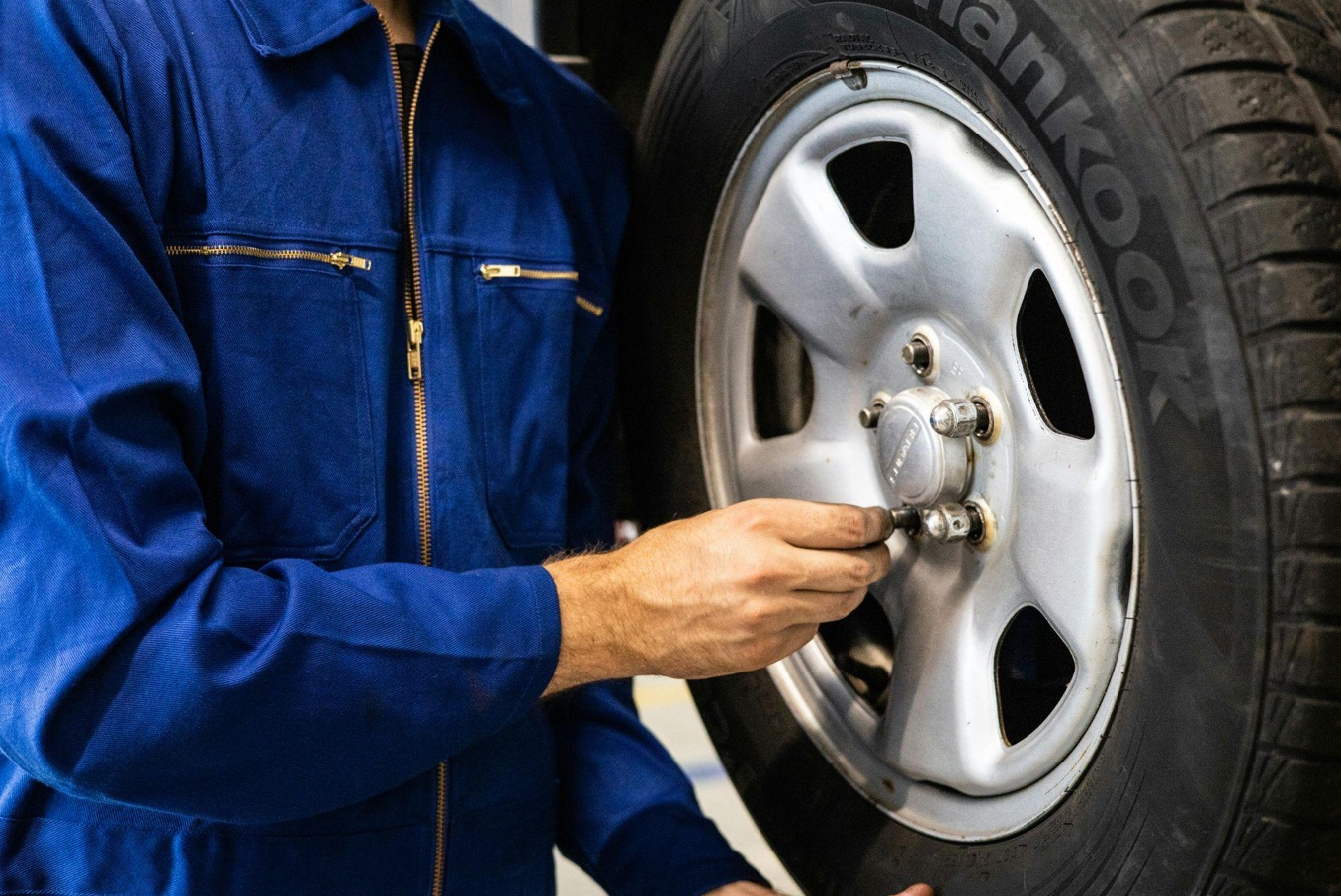By adhering to tire-related laws and regulations, drivers can significantly reduce the risk of accidents and protect themselves and others on the road.
Tires, often overlooked as simple components of a vehicle, play a pivotal role in ensuring safety on our roads. Beyond their rubber composition and tread patterns, tires are subject to a complex web of laws and regulations designed to protect the public. This article delves into the critical intersection of safety, security, and the law as it pertains to tires.
The Rubber Meets the Road: A Legal Perspective
The importance of tire safety cannot be overstated. Tires are the sole contact point between a vehicle and the road, influencing factors such as traction, braking, and overall vehicle control. Recognizing this, lawmakers have implemented a robust legal framework governing tire design, manufacture, sale, and use.
From federal regulations mandating tire safety standards to state-specific laws addressing tire maintenance and inspections, the legal landscape surrounding tires is intricate. These laws are essential in preventing accidents, injuries, and fatalities caused by tire-related failures.
Tire Safety: Beyond the Law
While compliance with tire laws is imperative, it is equally important to understand the broader implications of tire safety. Proper tire maintenance, including regular inspections, inflation checks, and timely replacements, is important for optimal performance and longevity.
Consumers must be vigilant in selecting tires that match their vehicle’s specifications and driving conditions. Moreover, staying informed about tire recalls and safety advisories is essential for preventing potential hazards.
The Importance of Tire Tread Depth
Tire tread depth is a critical factor in ensuring adequate traction and braking performance. Worn tires with insufficient tread depth significantly increase the risk of hydroplaning, skids, and accidents. Most jurisdictions have minimum tread depth requirements that must be met for vehicles to be legally operated on public roads.
The Role of Tire Pressure
Maintaining proper tire pressure is essential for optimal tire performance, fuel efficiency, and safety. Underinflated or overinflated tires can lead to uneven wear, reduced traction, and increased risk of blowouts. Tire pressure should be checked regularly and adjusted as needed to meet the vehicle manufacturer’s recommendations.
Tips for Tire Safety

It is important to regularly inspect tires for signs of wear, damage, or punctures, check tire pressure monthly, including the spare tire, rotate tires as recommended by the vehicle manufacturer, replace tires when the tread depth reaches the legal minimum, be aware of road conditions and adjust driving accordingly, and consider purchasing a tire warranty for added protection.
Finding the Right Fit
When it’s time to replace your worn-out tires for sale, it’s crucial to choose the right ones for your vehicle and driving conditions. Consider factors such as tire size, type, and load capacity. Our dealership offers a wide selection of high-quality tires for sale from reputable brands to meet your specific needs.
The Importance of Legal Representation in Tire-Related Accidents
When a tire-related accident occurs, having qualified legal representation is important. An experienced attorney can navigate the complex legal landscape, protect your rights, and seek appropriate compensation for your losses.
A personal injury lawyer specializing in product liability and vehicle accidents possesses the knowledge and expertise to handle tire-related cases effectively. They can investigate the accident, determining liability, calculating damages, negotiating with insurance companies, and litigating the case if necessary.
By engaging the services of a skilled attorney, you can increase your chances of obtaining fair compensation and holding negligent parties accountable.
Understanding the legal complexities involved in tire-related accidents is important for both consumers and legal professionals. By comprehending the applicable laws and regulations, individuals can protect their rights and seek appropriate compensation.
The connection between safety, security, and the law is undeniably strong when it comes to tires. By adhering to tire-related laws and regulations, drivers can significantly reduce the risk of accidents and protect themselves and others on the road. A comprehensive understanding of tire safety, combined with knowledge of the legal framework, empowers individuals to make informed decisions and hold responsible parties accountable.


Join the conversation!